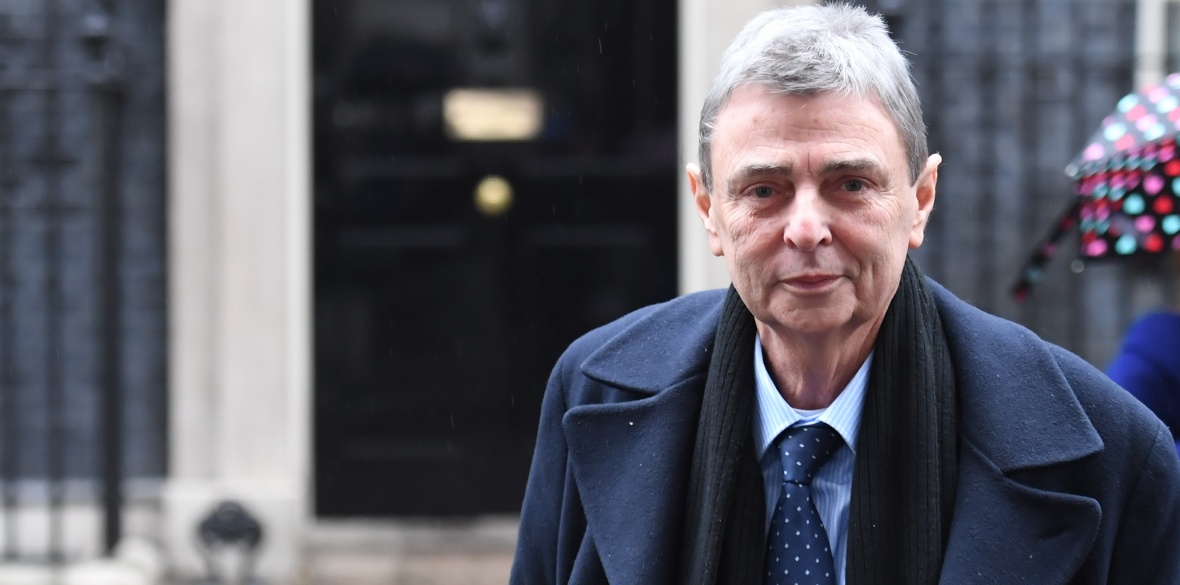This is the last article you can read this month
You can read more article this month
You can read more articles this month
Sorry your limit is up for this month
Reset on:
Please help support the Morning Star by subscribing here
“SERIOUS problems” in public services will get worse if wages continue to fall behind the cost of living, the Unison union has warned in a letter to Boris Johnson.
General secretary Dave Prentis wrote to the Prime Minister urging him to invest in public-sector workers after years of pay cuts and job losses.
Mr Prentis said the new PM had a “duty” to take action to ease the financial strain on workers, whose income is slipping further behind as the cost of living rises.
From 2010 to 2018, the cost of living increased by 31 per cent, but the average public-sector worker’s pay went up by less than 8 per cent, said Unison.
During that period, house prices rose by 37 per cent and childcare costs shot up by 32 per cent, the union added.
Mr Prentis called on Mr Johnson to honour his predecessor Theresa May’s pledge that “austerity is over,” stressing that public-sector employees have yet to see any evidence of this.
He wrote: “If wages continue to fall behind the cost of living, the serious problems in our public services will only get worse.
“What we need now are pay increases for all public service workers to bring wages back in line with pre-crash levels.
“But, just as importantly, those wage increases need to be funded by your government, not covered by existing budgets which are stretched to breaking point.
“Only adequate funding of public services and investment in staff pay can begin to repair the damage to our services and to the lives of those who work so hard to provide them.
“If you earned the average public-sector wage in 2009, the buying power of your wage had fallen by £6,691 by 2018. At the same time, house prices have risen by 37 per cent, electricity bills have gone up by 48 per cent and childcare costs have risen by 32 per cent.
“As the UK’s biggest trade union, representing 1.3 million people who deliver our essential public services, we see, on a daily basis, how many of our members are struggling to pay for the essentials they need to get by.”







